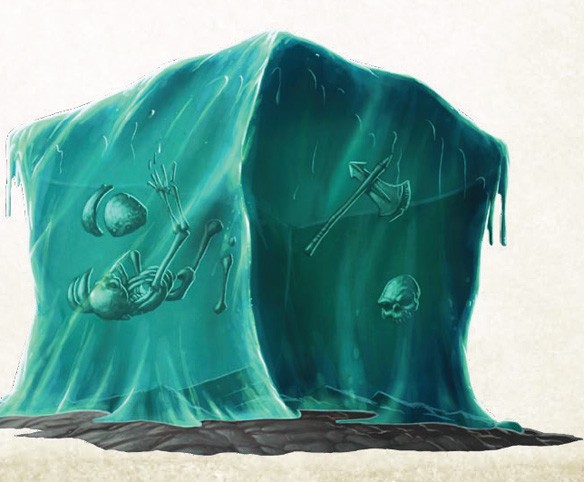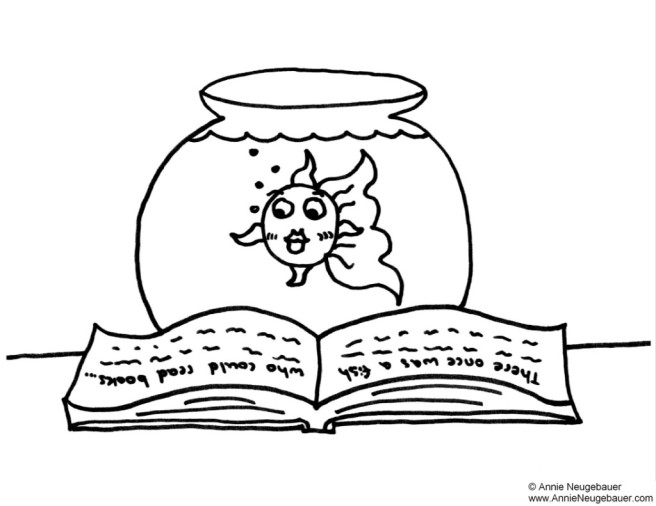I thought this topic would be fitting for two reasons. Firstly, last night I found myself almost incapable of starting the next chapter of my novel. Secondly, I had no idea what this blog post would be about until I sat down to start writing it. My pantsing tendencies are starting to bleed into other areas of life. Today I am here to make a pretty controversial claim. Procrastination is good.
Perhaps I should elaborate before I am pelted with rotten fruit and bricks for my blasphemy. Procrastination CAN be good*

As writers, or creative people in general, there will be times when we just can’t bring ourselves to write. We’re all human (I’m assuming), life happens. Sometimes we’re feeling burned out, sick or just not feeling the whole writing thing that day. Maybe your muse is on a union break. Just the other night I was recovering from a really long day and did not have the mental reserves to piece together a particularly complicated scene. So I put it away. Then I heard that intrusive voice saying “You’re wasting time, you should be doing something productive.” Since then I have been thinking about ways to fill that writing time with non writing things (and shut that little jerk up).
Reading! Words are important, books are full of them! (And now you know why I’m not in sales). But as a writer, reading is absolutely essential. Just like your body can’t survive eating the same food every day, your mind needs some variety to be at its best. For all the time you spend creating your own world of words, you should also spend some time exploring other worlds. Of words. Unless you can literally travel to other worlds, in which case you should totally do that. It doesn’t matter if it’s related to your writing. If your mind is stimulated, it’s time well spent.
Beta reading. This is something I recently picked up doing. It started as an exchange with another author, but I quickly realized how much more I was getting out of it. It’s like a hybrid between writing and reading. You’re following a story, but you also have a chance to offer creative input (see my previous post on beta reading for my full length ramblings). It’s also a great way to network with other writer types and get some social support, which is a big deal coming from a hermit like myself.
Now we come to what I did instead of writing. You can always outline, daydream or spitball stuff that probably won’t survive the first draft of your work. For example, I’m going into a scene that is the start of a big revelation for my MC. It’s too much info to be dumped on the reader at once, so I started making a list of all the facts that will eventually be revealed or added together. Just by listing ideas I already had I was able to start connecting a few dots and adding new details. You can even start a separate word document so it doesn’t feel like it’s supposed to fit with the rest of your work. I went back to writing the next evening and those notes made the scene feel doable instead of this amorphous blob of ideas.

My last suggestion is to try working on something else. If you have an old unfinished piece somewhere or an idea that hasn’t yet set foot on the page, give it your attention for a little while. It’s a nice way to keep flexing the writing muscles. I’ve done this a few times when I really needed to write, but editing was up next on the to do list. Look for a writing prompt, indulge in a fan fic or whatever tickles your fancy. Even if it’s not the story you were planning, you’re still writing.
So these are all things in my mind that are good ways to spend some time that was earmarked for writing. As long as you’re doing something that benefits you as a writer, I think it is time well spent even if it wasn’t how you planned it. See, my inner pantser is showing again. This list isn’t comprehensive obviously. Feel free to do whatever helps you. For me it’s about silencing that nagging little voice and proving to myself that I don’t have to be productive every single moment to meet my goals. I’ve had my share of off days and surprises, but I haven’t missed a deadline yet. So take that, nagging little voice! And on that note, I rest my case in defense of procrastination; a case that called the gelatinous cube to the stand for testimony. I would make the best lawyer ever.


